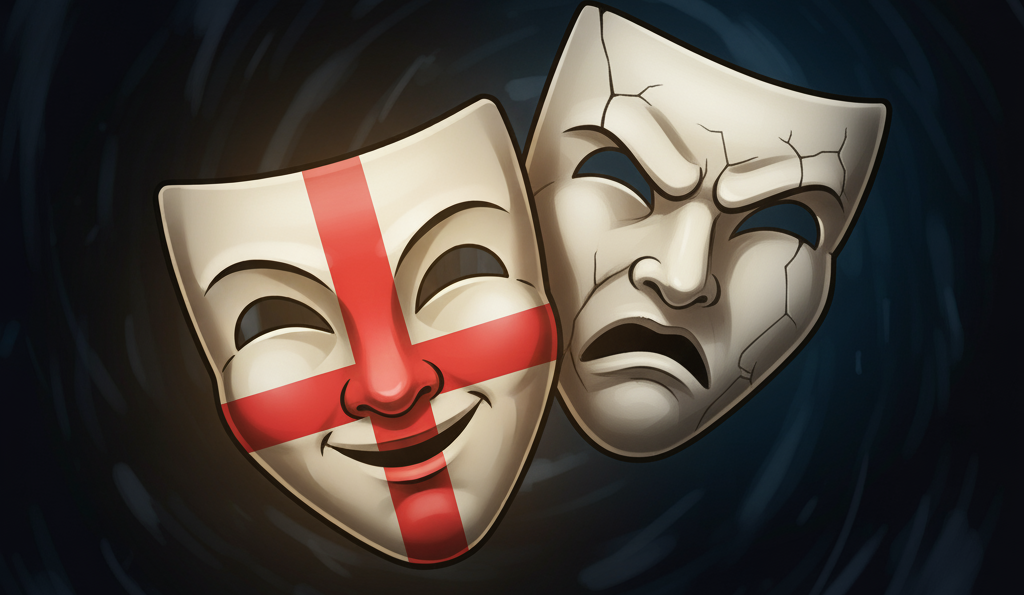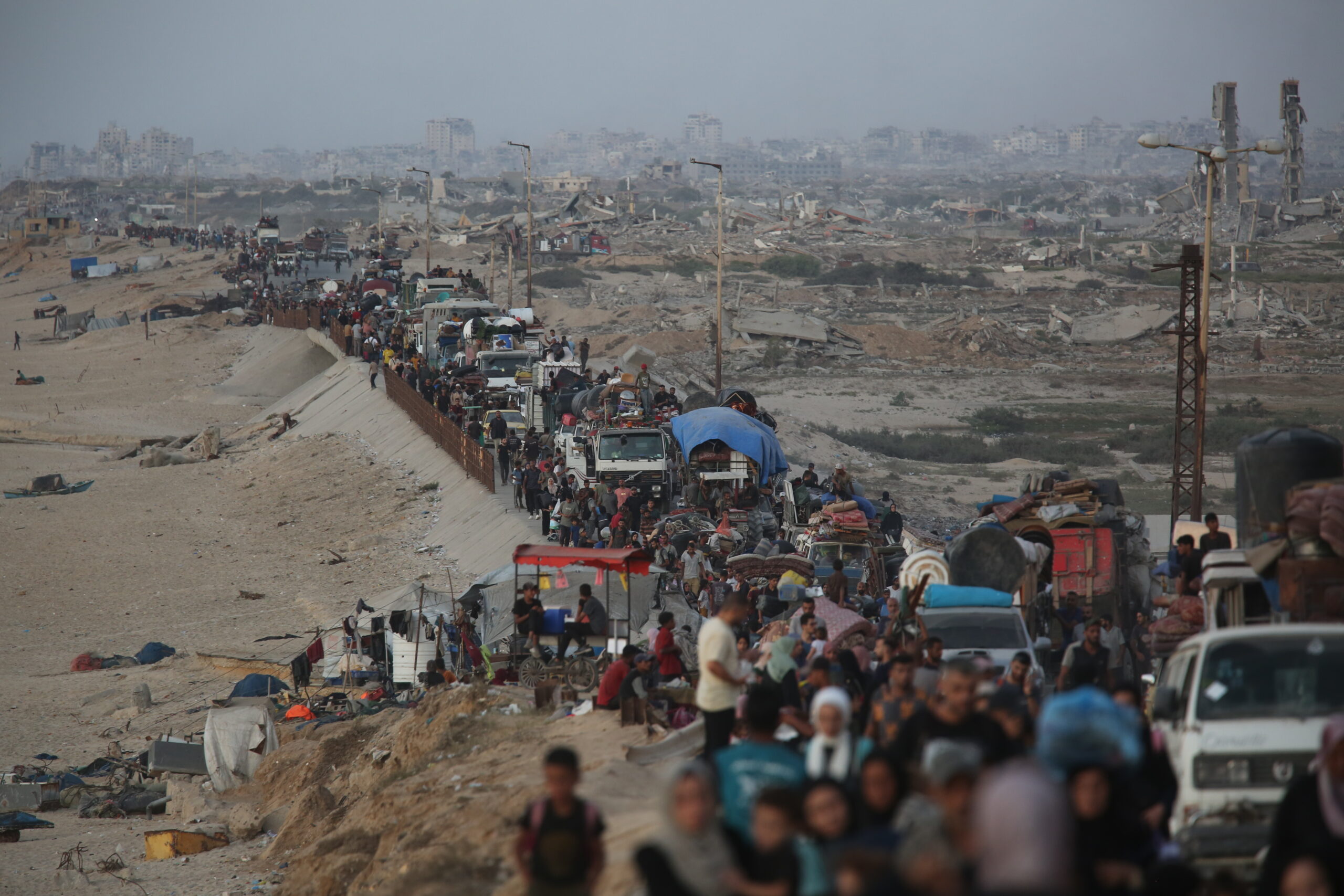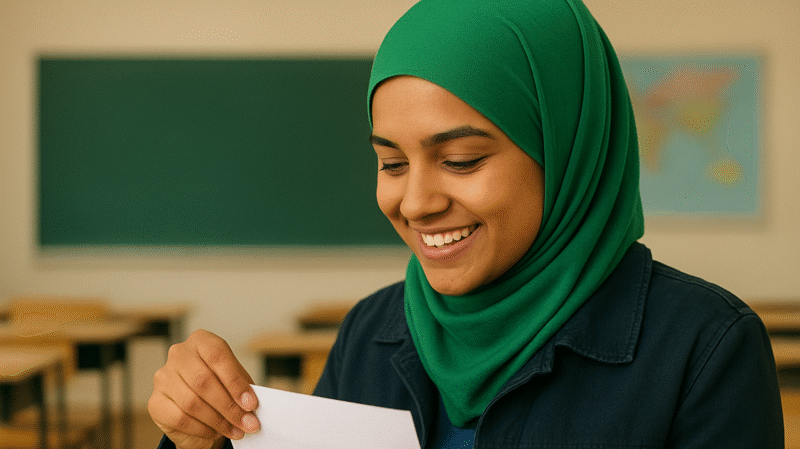
In recent weeks, a disturbing pattern has emerged across England: the proud display of national flags—symbols meant to unite—has been weaponised to divide. Under the guise of “Operation Raise the Colours,” a far-right campaign has flooded public spaces with the St George’s Cross and Union Jack. What should be harmless expressions of national pride have instead become chilling markers of intimidation, coinciding with a sharp rise in attacks on Muslim communities.
Mosques defaced. Worshippers harassed. A knife drawn outside a prayer centre. Red crosses painted on Islamic institutions. These acts are deliberate, coordinated, and timed. Like the graffiti scrawled across the South Essex Islamic Centre just hours before Friday prayers. This is not about flags or pride; it is about power, fear, and an exclusionary nationalism that leaves no room for those who look, pray, or live differently.
Let us be clear: patriotism does not involve painting hate symbols on houses of worship. It does not mean threatening children with knives. And it certainly does not mean claiming ownership of national identity while violently denying it to others.
The failure of national leadership to unequivocally condemn these actions is alarming. Prime Minister Keir Starmer’s support for flag-waving, without acknowledging its weaponisation in this context, reads as tone-deaf at best and complicit at worst. While flags fly high over Downing Street, minorities across the country live in fear.
Yet, amid this climate of fear, communities are standing tall. Muslims in Basildon, Birkenhead, and Cumbria are not retreating. They are reclaiming the symbols used against them. By proudly displaying the Union Jack, they are asserting a truth too often forgotten: they are British. They belong. They are part of this country’s fabric.
And it is not just Muslims who are speaking out. Local councillors, Christian leaders, and volunteers who scrubbed graffiti from mosque walls remind us that solidarity still exists. Decency, empathy, and shared values remain stronger than hate.
But silence from those in power is dangerous. It sends a message that this new wave of intimidation is tolerable. It is not. Leaders must do more than talk vaguely of “unity.” They must denounce, investigate, and act. Law enforcement must take hate crimes seriously. And the public must confront the reality that racism and Islamophobia are not confined to fringe groups—they are embedded in rhetoric, systems, and increasingly, the street-level symbolism of flags once meant to unite.
This is not a moment for political calculation. It is a moment for moral clarity. England cannot allow itself to be hijacked by those who claim to love the country while desecrating everything it stands for. Patriotism is not the property of bigots. It belongs to everyone who builds, serves, and believes in a fairer, better society.
The flag should fly above mosques as proudly as it does above cathedrals. Not as a threat, but as a shared symbol of belonging. Until our leaders say that—and act like they mean it—those who seek to divide will believe they’re winning.
We must not let them.
Feature photo Google Gemini created.

